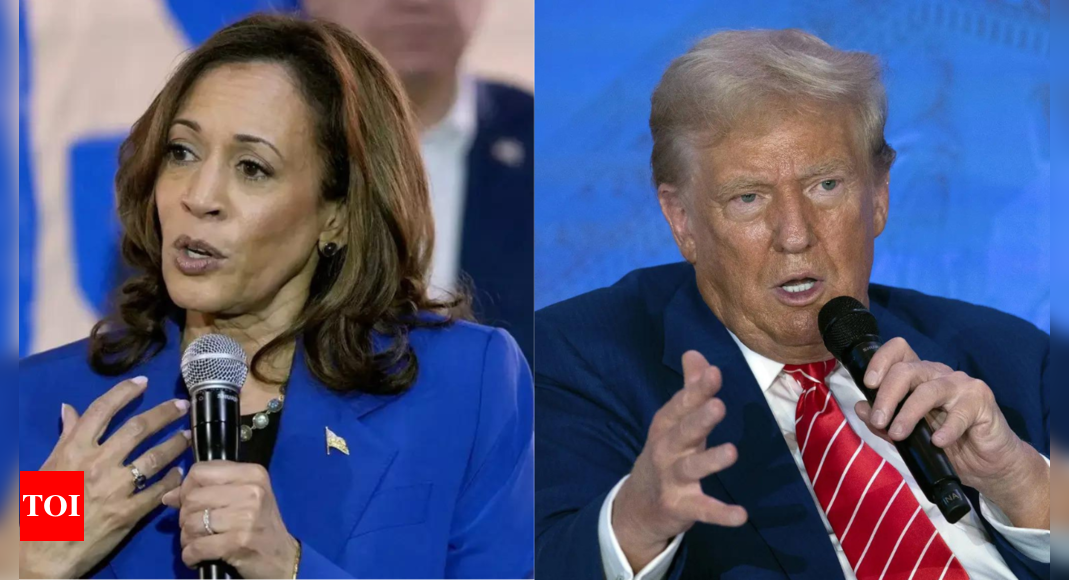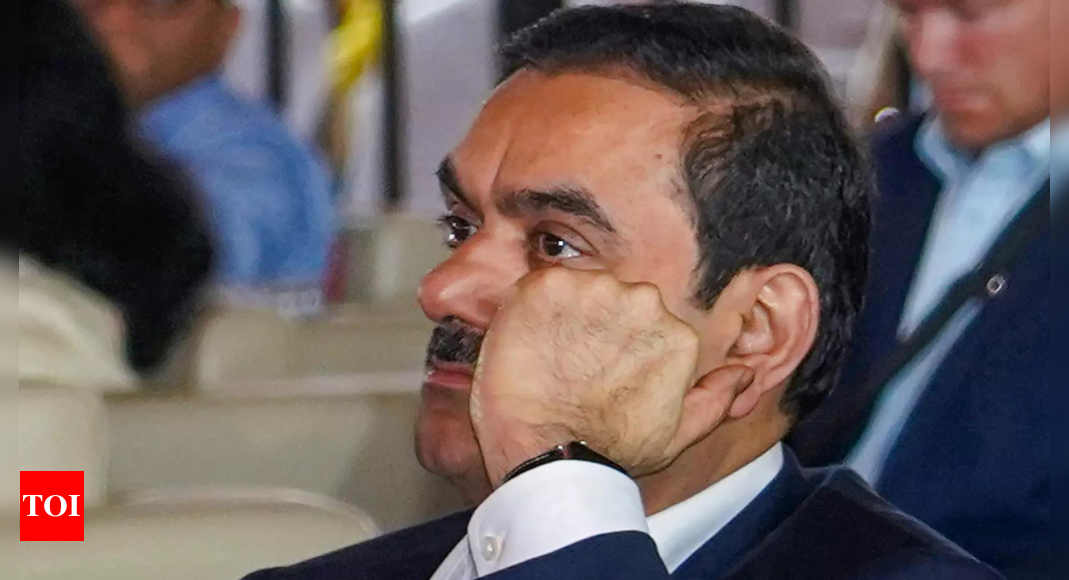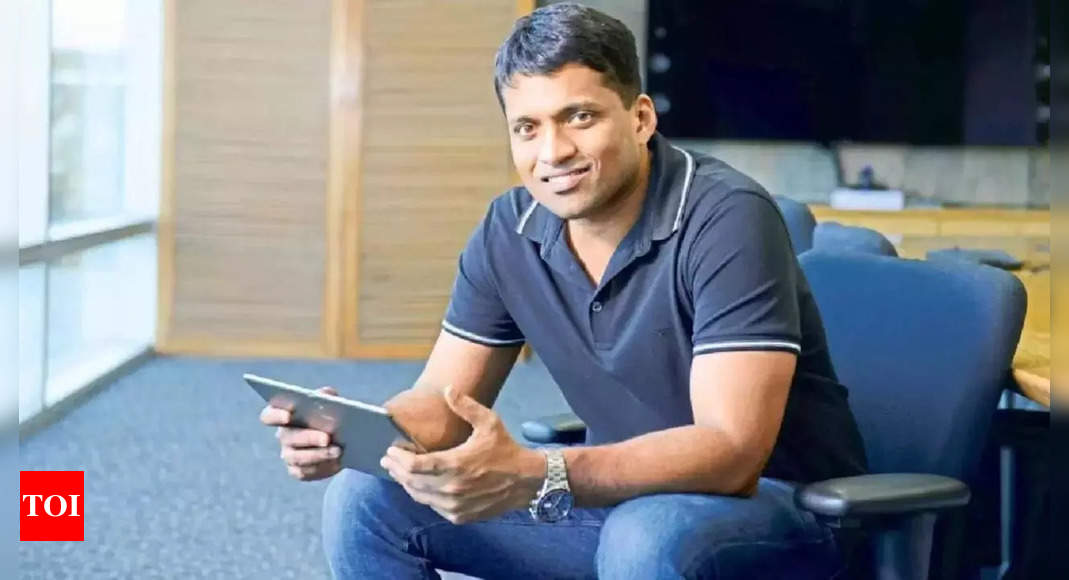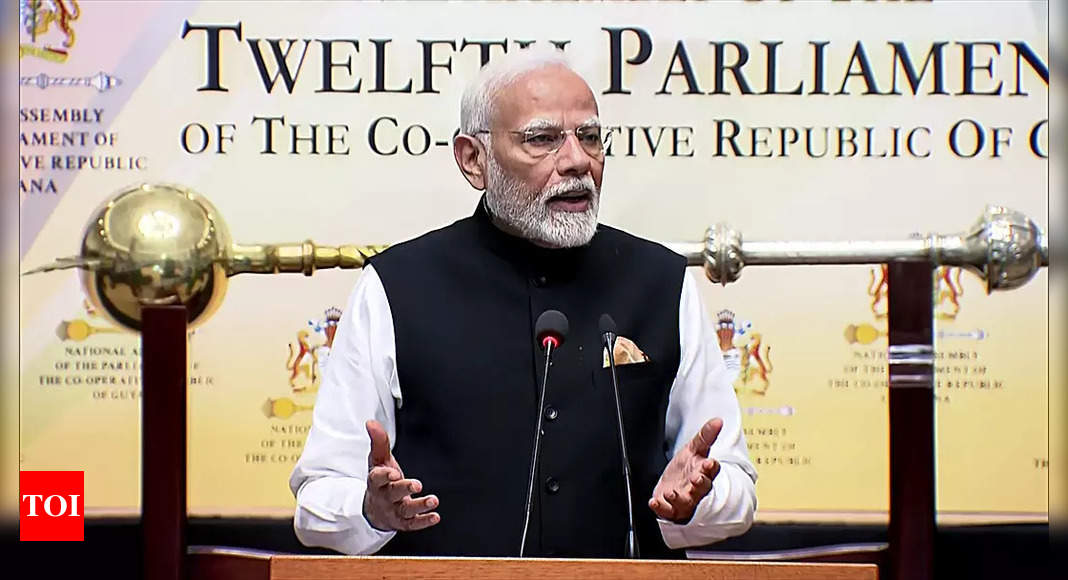
Harris has accepted the debate rules set by ABC News, the host of the upcoming debate, and agreed to forgo her campaign’s demand that both candidates’ microphones remain unmuted throughout the 90-minute event.This concession addresses concerns raised by Trump’s team.
Harris’ stance on unmuted debate
Brian Fallon, Harris’ senior communications adviser, criticized the debate format, arguing that it disadvantages the vice president and shields Trump from direct exchanges. Fallon emphasized that Harris’ team accepted the rules to ensure the debate proceeds.
“Our latest understanding is that even though Trump said Monday he would be fine with an unmuted mic, his handlers don’t trust him to spar live with VP Harris and are asking ABC to ignore Trump’s comments and keep the mics muted. Otherwise, they will back out of the debate for a third time. We have been asked to accede to Trump’s handlers’ wishes on this point to preserve the debate. We find the Trump team’s stance to be weak and remain in discussions with ABC on the final rules,” Fallon posted on X.
Fallon expressed frustration that Trump’s campaign demanded muted microphones despite the Republican presidential candidate’s own willingness to debate openly. “I always suspected it was something his staff wanted, not him personally. With this resolved, everything is now set for September 10,” Fallon said in another post on X.
In a letter to the network, Fallon detailed additional verbal agreements about the debate format crucial for Harris’s team to agree to the final rules. These stipulations include allowing moderators to caution candidates who interrupt and ensuring that any comments made into a muted mic are communicated to the broader audience.
The network will also retain the ability to keep both microphones open during crosstalk or heated exchanges. Unlike the June 27 debate between Trump and President Joe Biden, a small group of journalists accompanying Harris will be positioned close to the stage to hear remarks that are muted for the wider television audience.
What Trump said
While Trump has stated he is fine with unmuted microphones, his campaign team, led by Jason Miller, has resisted changing the rules. Karen Dunn, overseeing debate prep for Harris, has voiced concerns about the impact of muted microphones.
Harris’ debate preparation
Harris said on Wednesday that her debate preparations are progressing well, having participated in mock debates with Philippe Reines portraying Trump. There may be a final strategy overhaul to enhance her performance, according to media reports.
Is Harris an underdog?
Top campaign aides, including senior adviser David Plouffe, have portrayed Harris as the “underdog” in her debate against an opponent participating in his seventh general election debate. However, Jim Messina, an informal adviser to the Harris campaign, noted that a strong performance by Harris could be pivotal for voters evaluating her suitability for the Oval Office. He drew a parallel to Barack Obama’s first debate in 2008, recalling that the race seemed effectively decided after that initial encounter.
“That race was essentially over after the first debate,” Messina said. “Americans saw Obama and thought, ‘Yes, he can be our president.'”
Expected questions by Harris
Harris, known for her prosecutorial approach, may use direct questioning similar to her previous tactics, such as challenging Trump’s Supreme Court nominee on sensitive issues, according to media reports. She may target Trump on recent contradictory statements or his involvement with Project 2025, but this depends on ABC allowing both candidates’ microphones to be open for real-time dialogue.
Debate details
The debate, hosted by ABC News in Philadelphia at 8 p.m. (Central Time), will be moderated by David Muir and Linsey Davis. It will air on ABC and stream on ABC News Live, Disney+, and Hulu.









